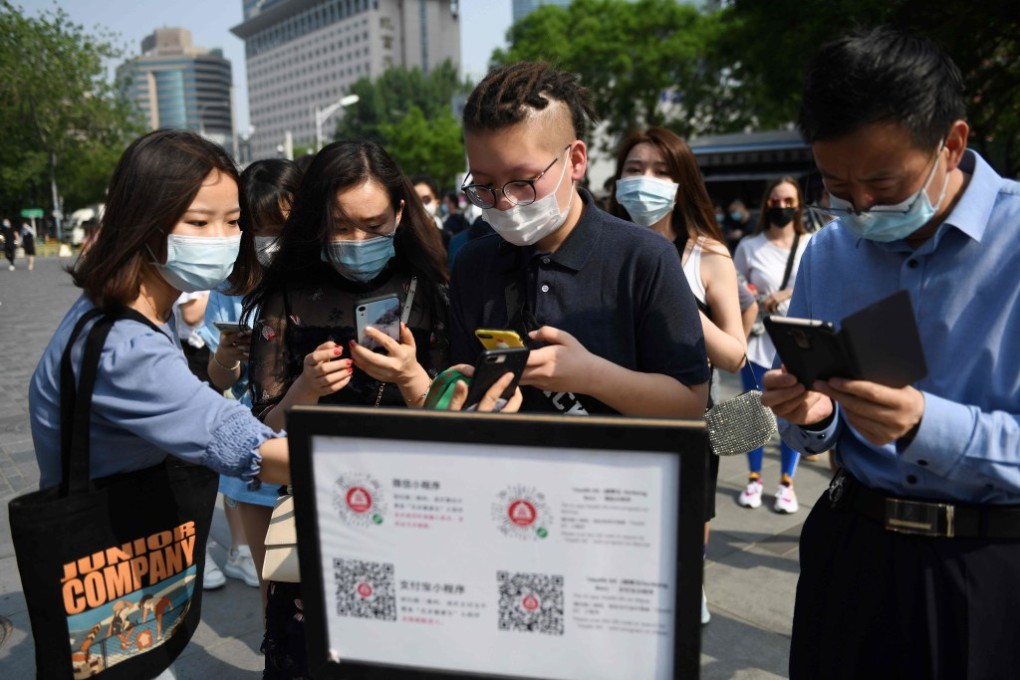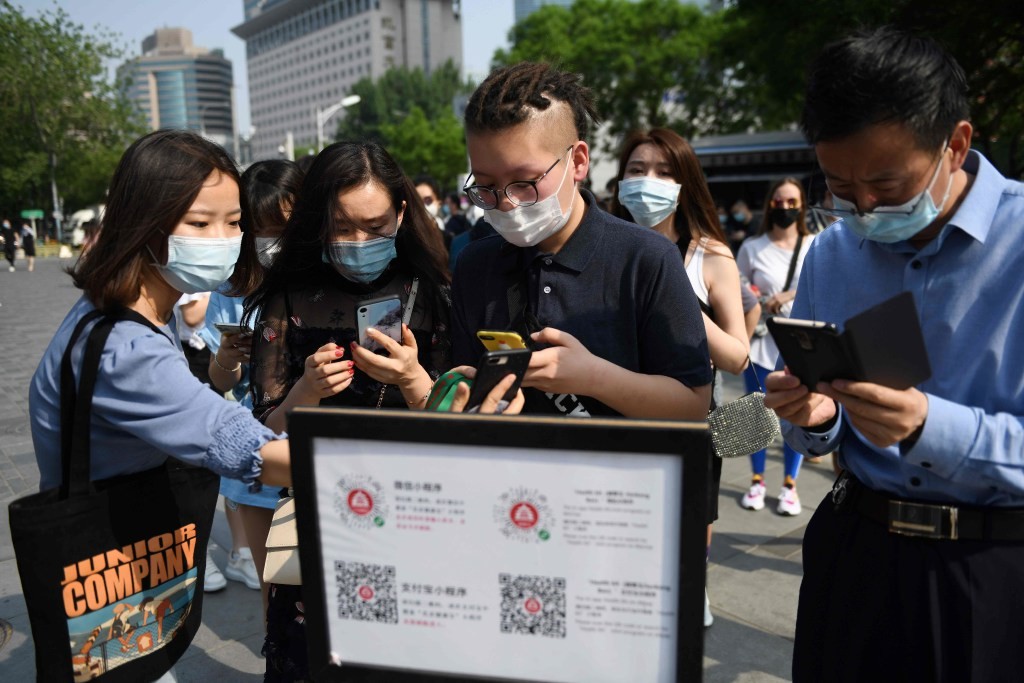Personal information collected to fight Covid-19 is being spread online in China
Aggressive data collection during the pandemic has led to rampant data leaks on WeChat

When the data leaks started, people from Wuhan were the first victims. But now people across China are grappling with whether the personal information they surrendered to fight the pandemic is being well protected.
Around the time of the Lunar New Year holiday in late January, many people traveling back to their hometowns from Wuhan were receiving less-than-friendly phone calls and WeChat messages from strangers. Some angrily told them to return to the virus-stricken city. Others asked if they had been eating wild animals, an unconfirmed theory about how the deadly coronavirus first reached humans.

In the immediate aftermath of the outbreak, people from Hubei province, where Wuhan is the capital, faced widespread discrimination. But data collection would soon become the default method of combating the spread of the coronavirus as local governments and organizations sought to track who was going where. Soon enough, data leaks were affecting a lot more people than just those from Wuhan.